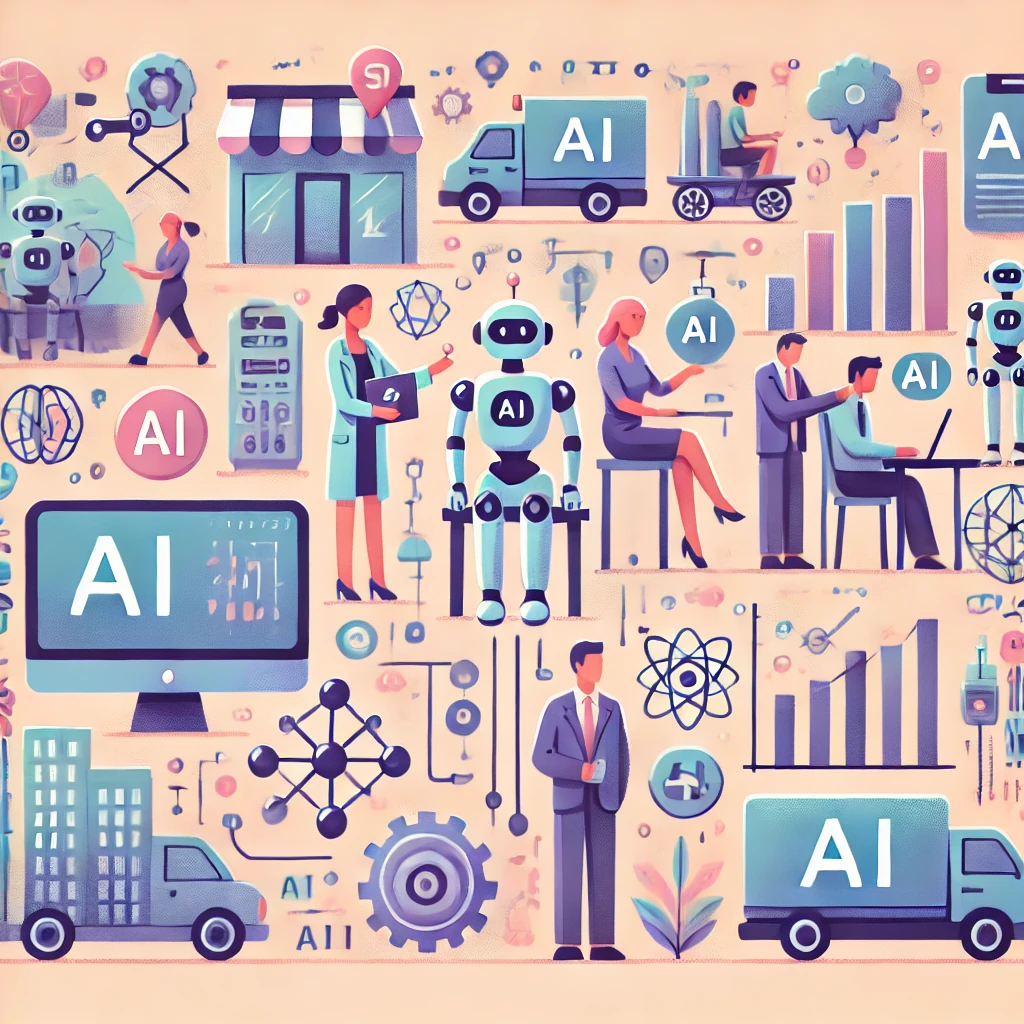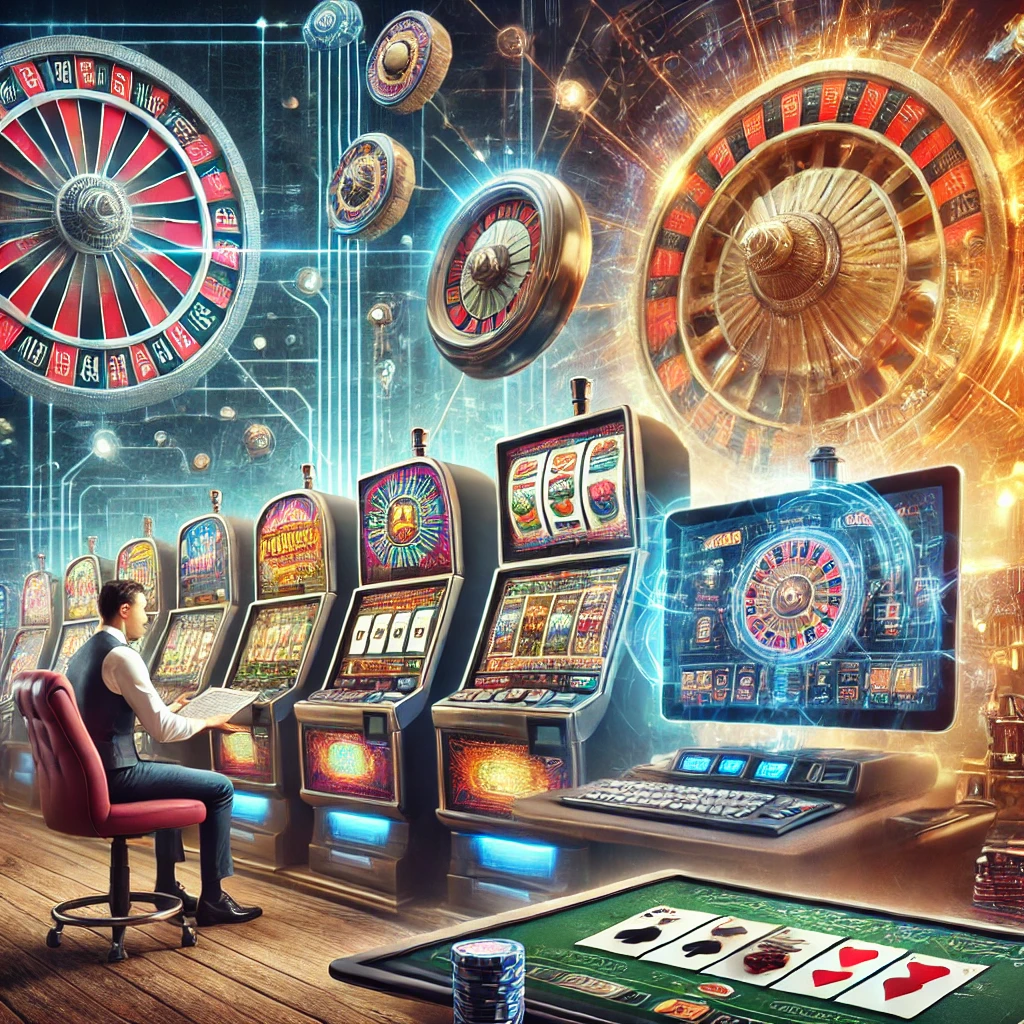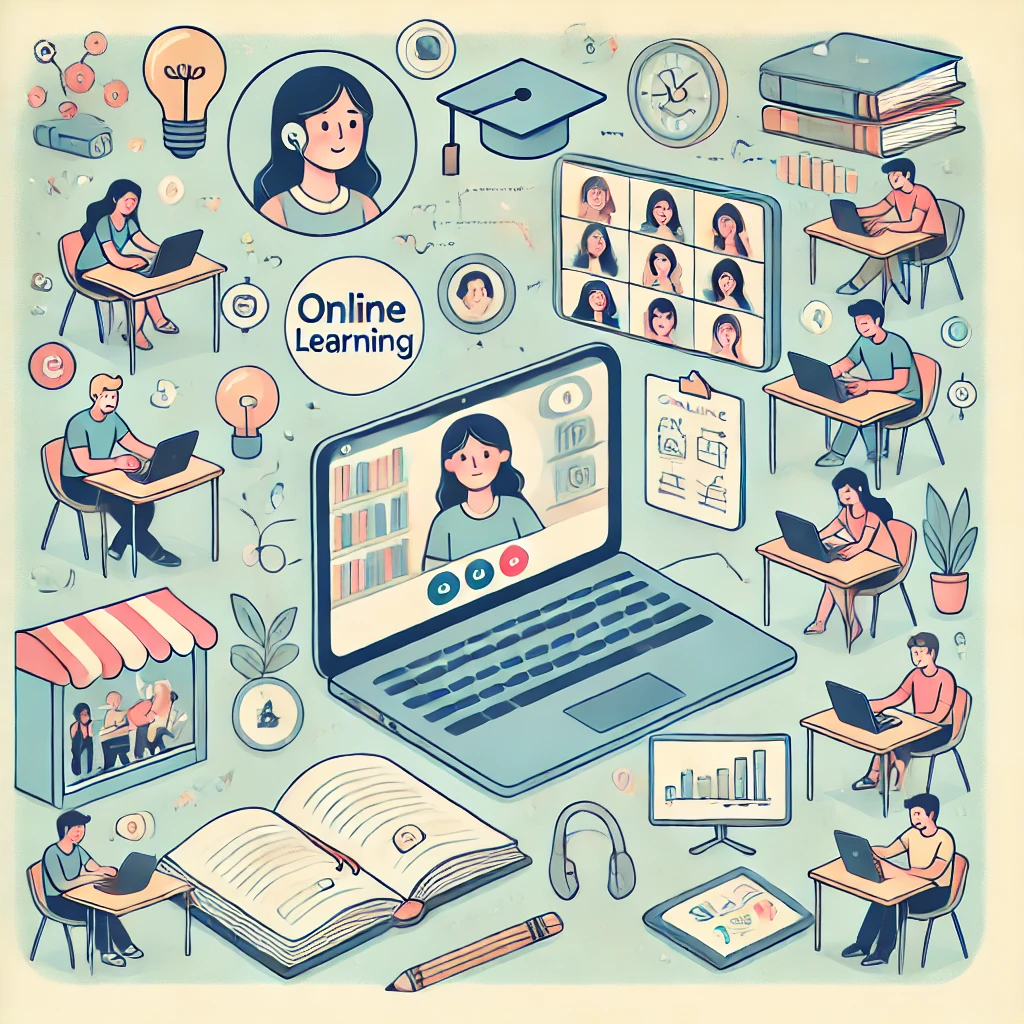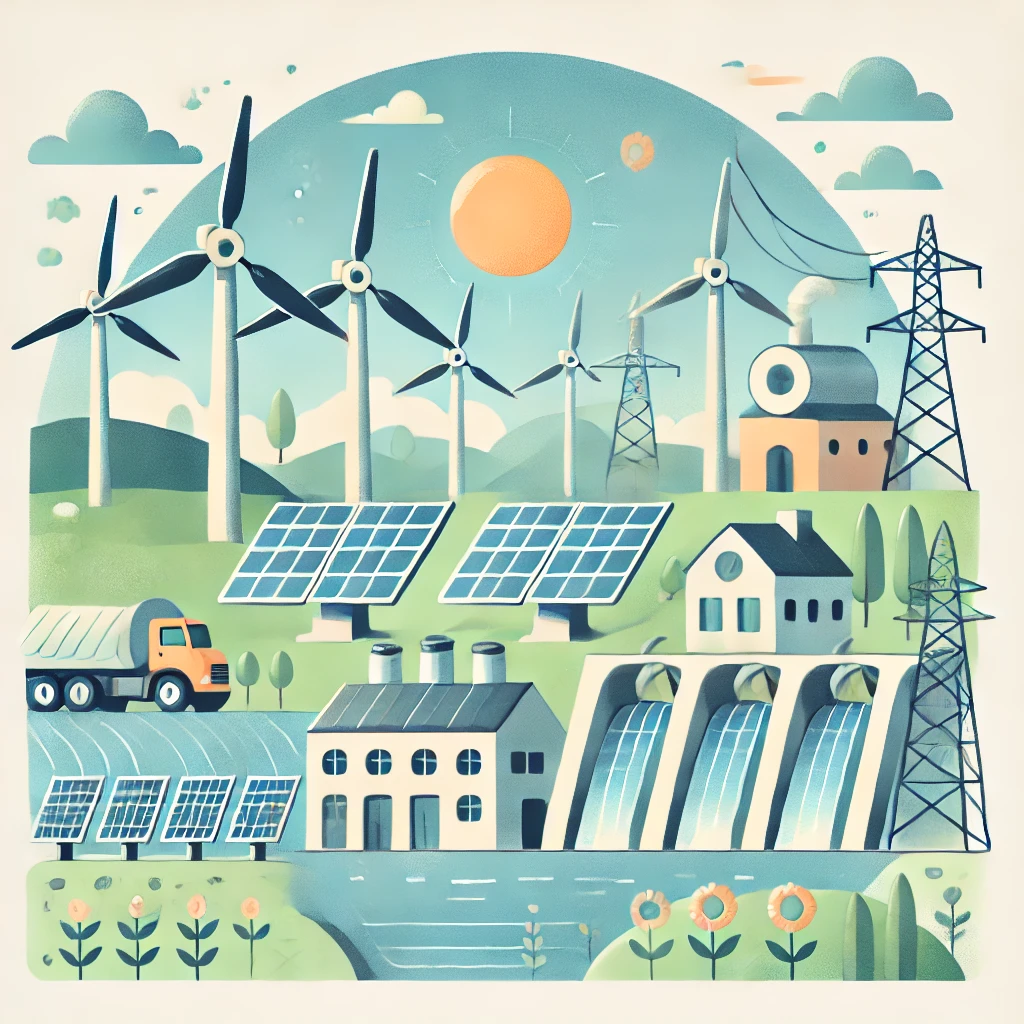Innovations in AI: How Artificial Intelligence is Transforming Industries
Artificial intelligence (AI) is revolutionizing industries across the globe. From healthcare to transportation, AI-driven innovations are enhancing efficiency, improving accuracy, and unlocking new possibilities. Here’s a look at how AI is transforming various sectors and what the future holds.
1. Healthcare
AI is making significant strides in healthcare, improving diagnostics, treatment, and patient care. Machine learning algorithms analyze vast amounts of medical data to identify patterns and predict outcomes.
Applications in Healthcare:
- Medical Imaging: AI assists in interpreting medical images, detecting anomalies, and diagnosing conditions such as cancer and heart disease.
- Personalized Medicine: AI helps develop tailored treatment plans based on individual genetic profiles and health data.
- Virtual Health Assistants: AI-powered chatbots provide patients with medical advice, appointment scheduling, and medication reminders.
2. Transportation
The transportation industry is experiencing a transformation with the integration of AI technologies. Autonomous vehicles, smart traffic management systems, and predictive maintenance are some of the key innovations.
Applications in Transportation:
- Self-Driving Cars: AI enables autonomous driving, enhancing road safety and reducing human error.
- Traffic Optimization: AI analyzes traffic patterns to optimize flow, reduce congestion, and improve travel times.
- Predictive Maintenance: AI predicts maintenance needs for vehicles and infrastructure, preventing breakdowns and extending lifespan.
3. Finance
AI is reshaping the finance industry by improving fraud detection, risk management, and customer service. Financial institutions leverage AI to make data-driven decisions and enhance operational efficiency.
Applications in Finance:
- Fraud Detection: AI algorithms identify suspicious transactions and prevent fraudulent activities in real-time.
- Algorithmic Trading: AI analyzes market data and executes trades at high speeds, maximizing returns.
- Customer Support: AI-powered chatbots provide 24/7 assistance, resolving customer queries and offering financial advice.
4. Manufacturing
In manufacturing, AI optimizes production processes, improves quality control, and enhances supply chain management. Automation and predictive analytics are driving efficiency and innovation.
Applications in Manufacturing:
- Robotic Process Automation: AI-powered robots perform repetitive tasks with precision, increasing productivity.
- Quality Control: AI inspects products for defects and ensures high standards of quality.
- Supply Chain Optimization: AI predicts demand, manages inventory, and optimizes logistics.
5. Retail
Retailers are leveraging AI to enhance the customer experience, streamline operations, and personalize marketing efforts. AI-driven insights help businesses understand consumer behavior and preferences.
Applications in Retail:
- Personalized Recommendations: AI analyzes customer data to offer tailored product suggestions.
- Inventory Management: AI predicts stock needs and optimizes inventory levels to prevent shortages and overstock.
- Customer Insights: AI tracks customer interactions and feedback to improve service and product offerings.
6. Education
AI is transforming education by providing personalized learning experiences, automating administrative tasks, and enabling remote learning. AI-driven tools support both teachers and students.
Applications in Education:
- Adaptive Learning Platforms: AI customizes educational content to meet individual student needs and learning styles.
- Automated Grading: AI assesses assignments and exams, providing instant feedback to students.
- Virtual Tutors: AI-powered tutors offer personalized support and guidance to students.
7. Energy
The energy sector is adopting AI to optimize energy production, distribution, and consumption. AI helps manage resources more efficiently and supports the transition to renewable energy.
Applications in Energy:
- Smart Grids: AI optimizes electricity distribution, reduces outages, and balances supply and demand.
- Renewable Energy Management: AI predicts energy production from renewable sources and integrates them into the grid.
- Energy Consumption Monitoring: AI analyzes usage patterns and recommends energy-saving measures.
Conclusion
Artificial intelligence is driving transformative changes across various industries, enhancing efficiency, accuracy, and innovation. As AI continues to evolve, its impact will expand, unlocking new opportunities and reshaping the future of work and daily life. Staying informed about AI developments and embracing these technologies can help businesses and individuals thrive in this rapidly changing landscape.









